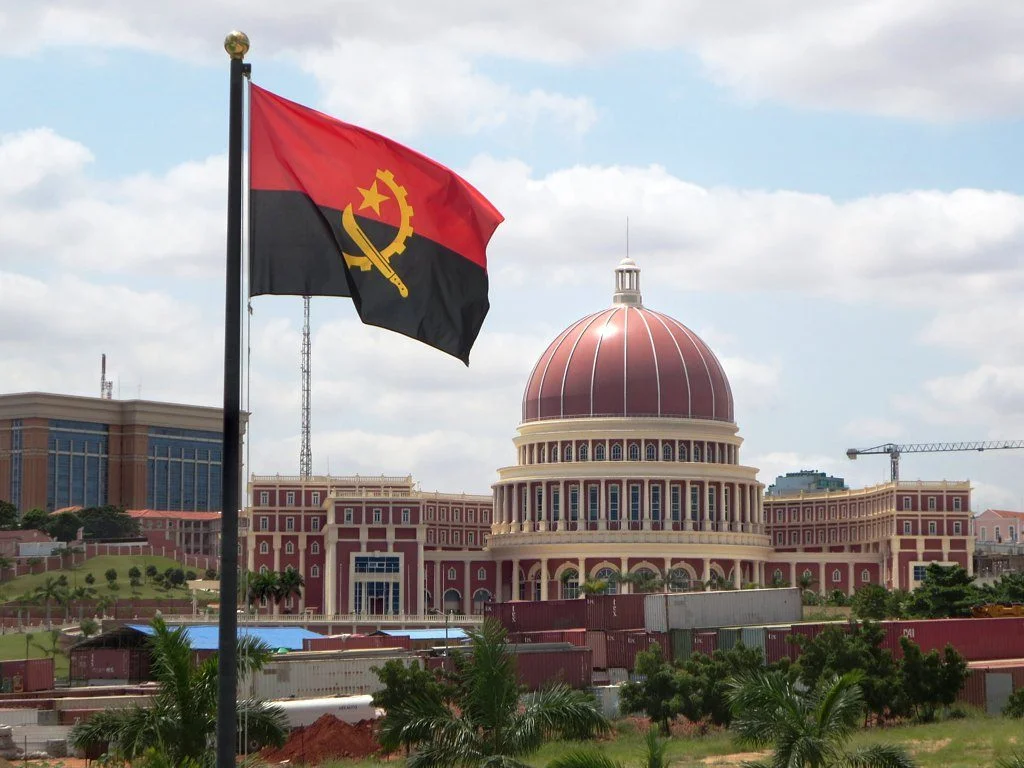This November, Angola marks 48 years since gaining independence. The country, now Africa’s second-largest oil producer after Nigeria, has endured a tumultuous history, and officials acknowledge that genuine peace has only been achieved since 2002 when the civil war came to an end.
Speaking during celebrations in Nairobi to commemorate Angola’s Independence Day, Samwel Abilio Sianga, the Angolan Ambassador to Kenya, highlighted how Angola’s transformation from a war-torn nation to an oil giant has provided valuable lessons.
“War is devastating. We lost countless lives, families were torn apart, and infrastructure, including bridges, hospitals, and power systems, was destroyed. Communication between regions was impossible,” Ambassador Sianga told Nation.Africa. “But we learned that development can only occur in peace, not war.”
This experience has shaped Angola’s current leadership, with President João Lourenço playing a key role in mediating regional conflicts. As the African Union’s lead mediator in the Great Lakes Region, including conflicts in eastern Democratic Republic of Congo, he understands the high cost of war. “Peace in neighboring countries means peace for Angola, and avoiding the burden of war refugees,” said Sianga.
Angola’s post-colonial history was chaotic, as the Portuguese left without preparing the country for independence. In 1975, various factions, including the MPLA, Unita, and FNLA, declared their own governments, plunging Angola into a long civil war. Even after the 1992 elections, violence continued until 2002, severely damaging Angola’s economy, particularly its once-thriving cotton and coffee industries.
Now, Angola is looking to the future and seeking to learn from other nations like Kenya. Sianga emphasized the importance of south-south cooperation. “Many of us were colonized by European powers, and now we can share the skills we’ve developed. Angola has been producing oil for years and has built capacities that we can share,” he explained. However, he noted that relying solely on oil is risky, especially when prices fluctuate. “Angola is on the path to diversifying its economy, but we still have a long way to go.”
Angola’s $135 billion economy heavily relies on oil, which accounted for 95 percent of its export income in 2022, bringing in $39.94 billion. However, the government recognizes the need to diversify and has started exploring other sectors such as tourism, agriculture, and fishing.
In a significant move, Angola recently opened the $2 billion Dr. António Agostinho Neto International Airport, intended to become a regional hub, with many African countries able to obtain visas on arrival. Located 42 kilometers from Luanda, the airport is expected to handle 15 million passengers, with domestic flights beginning in February and international flights later in 2024.
In his State of the Nation address, President Lourenço emphasized the importance of maintaining peace, urging Angolans to protect the hard-won stability. “Future generations have a duty to defend this legacy and build a unified Angola,” he said.
While many celebrate the peace Angola now enjoys, critics caution that challenges remain. The Catholic Bishops of Angola and São Tomé and Príncipe have called for continued efforts to improve governance and address the hardships still faced by many Angolan families. In a recent bulletin, they warned of growing despair but urged citizens not to lose hope, reminding them of the aspirations that arose with independence in 1975.
Pedro Sapalalo, who witnessed Angola’s independence, reflects on the toll of the war. Now 75 and living in Namibia, he was drawn there by the better quality of life during Angola’s turbulent years. But he remains hopeful that Angola can rebuild and thrive, learning from the lessons of its past.




















